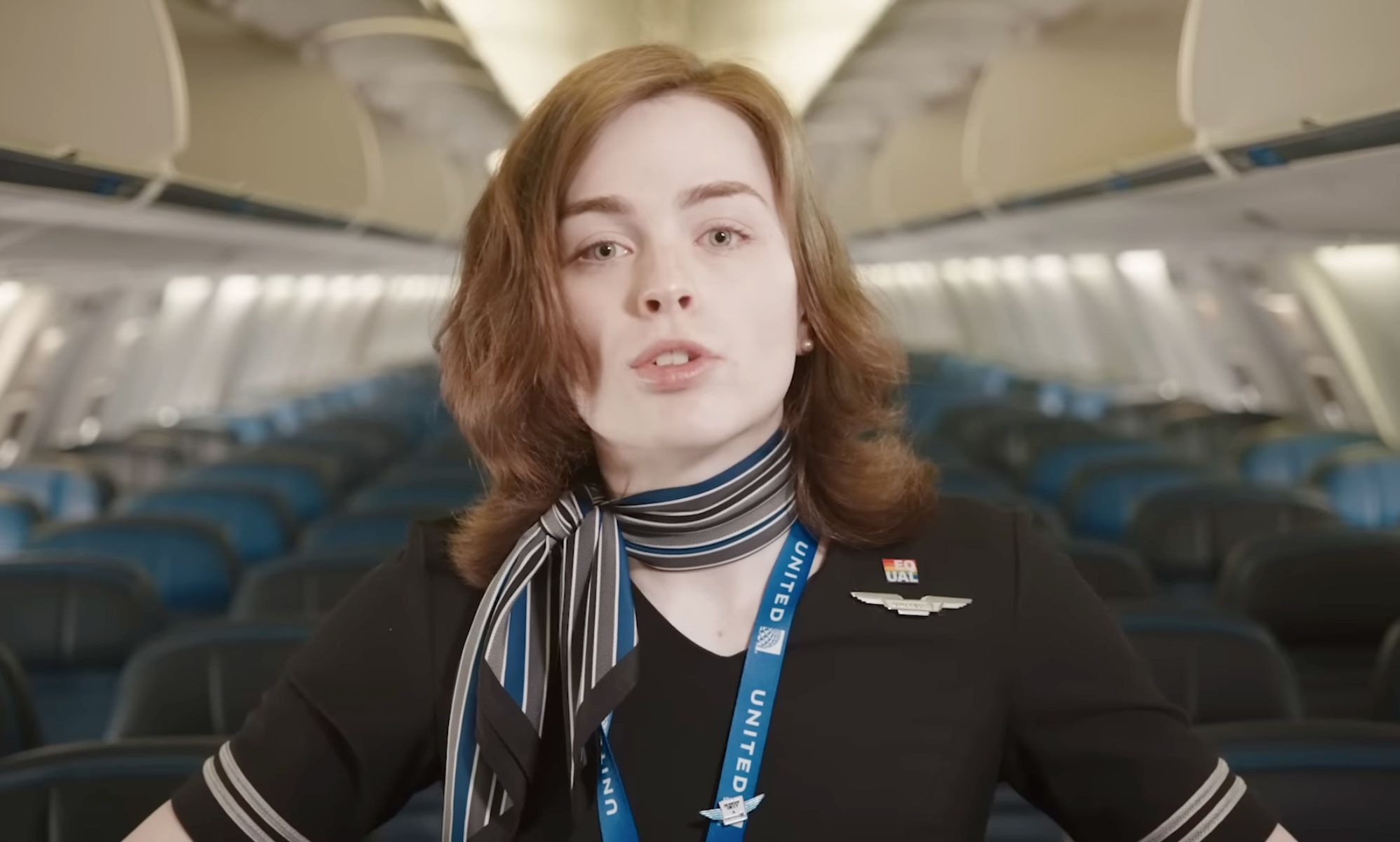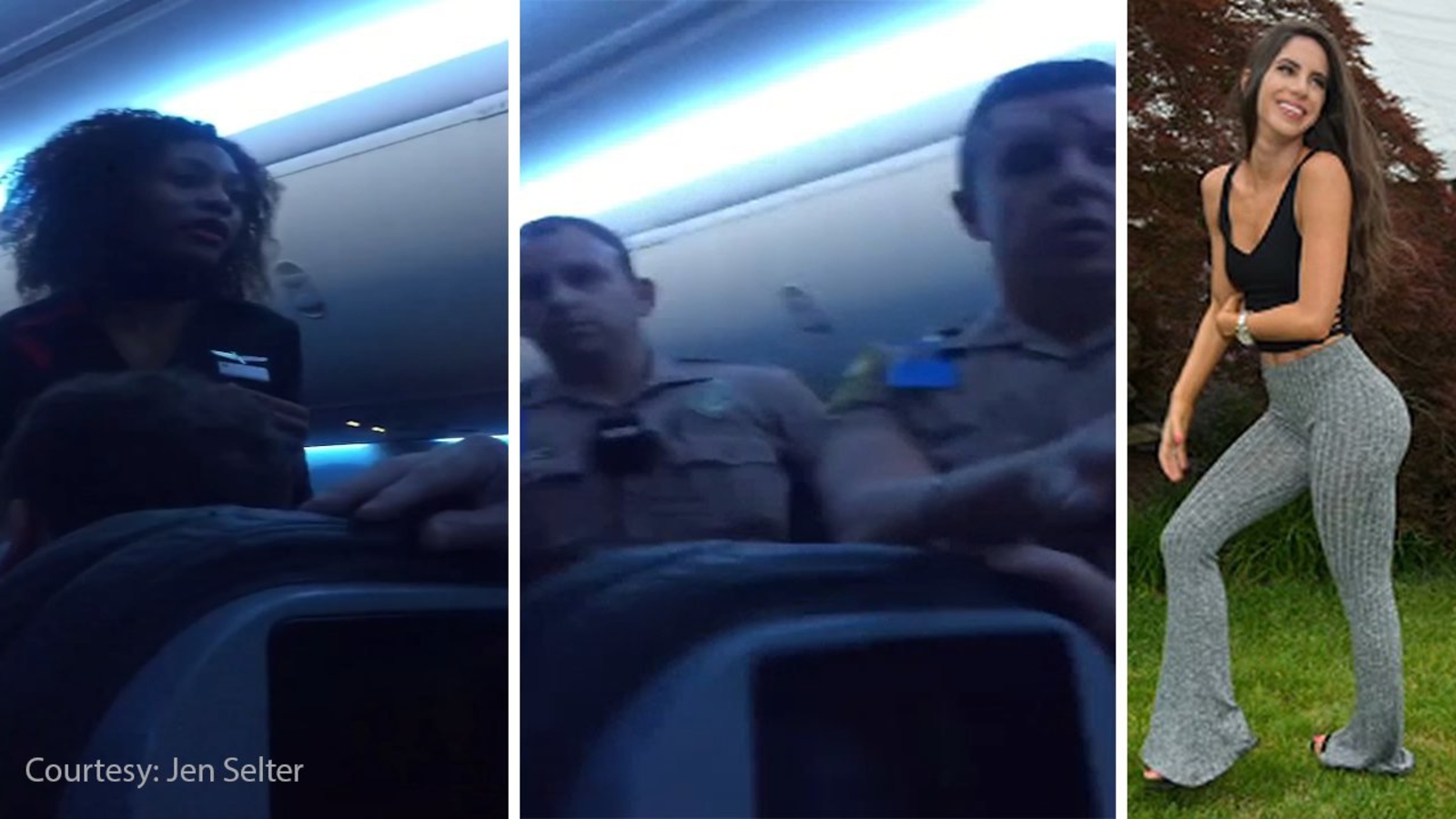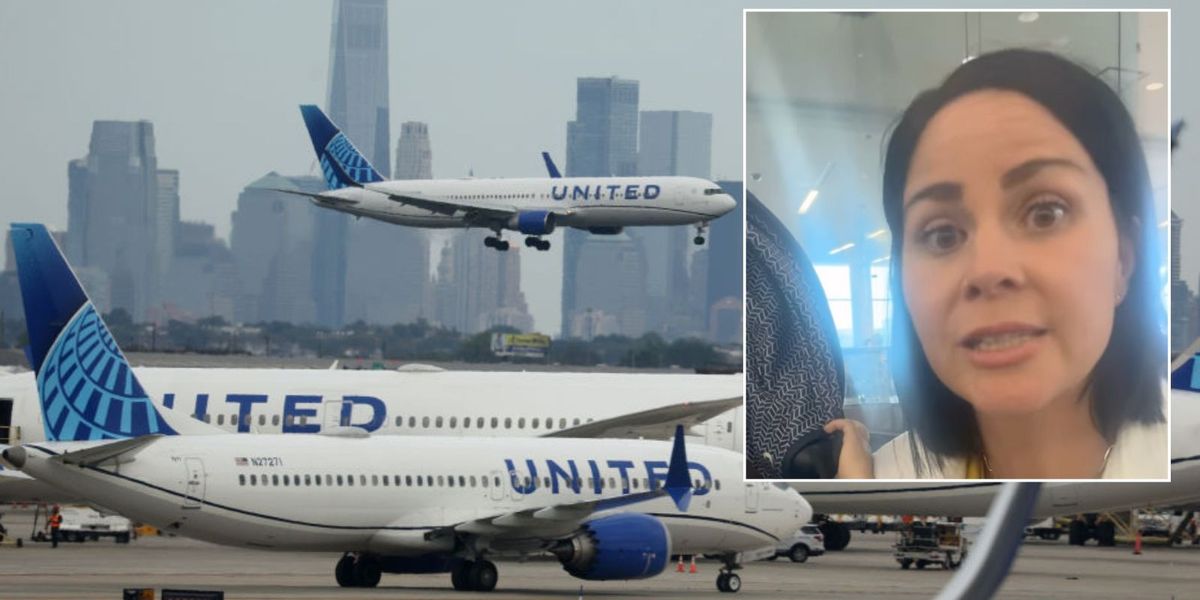Have you ever thought about the struggles flight attendants face when it comes to gender identity and respect? Misgendering flight attendants is a growing concern in the aviation industry, and it’s time we address it head-on. It’s not just a matter of politeness; it’s about creating an inclusive environment for everyone. Whether you’re a frequent flyer or someone who rarely steps foot on a plane, understanding this issue can make a huge difference in how we interact with flight attendants.
Misgendering might sound like a small issue, but it has a significant impact on individuals who are constantly misidentified. Imagine being called “sir” when you identify as a woman or being referred to as “ma’am” when you identify as non-binary. It’s more than just a slip of the tongue; it’s a reflection of how society views and respects personal identity. Flight attendants, who are often at the forefront of customer service, bear the brunt of these misunderstandings.
In this article, we’ll dive deep into the world of misgendering flight attendants, exploring its causes, effects, and what we can do to create a more inclusive aviation experience. Let’s get started and make sure every flight attendant feels valued and respected, no matter their gender identity.
Read also:Barge Hits Bridge In Oklahoma The Untold Story And What You Need To Know
Table of Contents
- What is Misgendering?
- Misgendering Flight Attendants: The Reality
- The Impact on Mental Health
- Why It Matters
- Steps to Prevent Misgendering
- The Aviation Industry’s Responsibility
- Training Programs for Airlines
- Raising Customer Awareness
- Success Stories and Initiatives
- Conclusion: Taking Action
What is Misgendering?
Misgendering is when someone refers to another person using pronouns or titles that don’t align with their gender identity. It’s not just about getting someone’s name wrong; it’s about failing to acknowledge who they truly are. For flight attendants, this can happen in various ways—being called “sir” instead of “ma’am,” or being referred to as “he” when they identify as “she” or “they/them.”
Let’s break it down further:
- Pronoun Use: Using the wrong pronouns can be hurtful and disrespectful. It’s important to ask individuals which pronouns they prefer and respect their choices.
- Title Misuse: Titles like “Mr.” or “Ms.” can also contribute to misgendering. Some people prefer neutral titles like “Mx.”
- Assumptions: Making assumptions based on appearance or behavior is a common cause of misgendering. Gender identity is complex, and it’s essential to avoid jumping to conclusions.
Understanding misgendering is the first step toward creating a more inclusive environment, not just in aviation but in everyday life.
Misgendering Flight Attendants: The Reality
Why It Happens
Misgendering flight attendants often stems from societal norms and biases. Many people assume that all flight attendants are either male or female based on traditional gender roles. This assumption can lead to unintentional disrespect, especially for those who don’t conform to these stereotypes.
Here are some common scenarios:
- A male flight attendant is referred to as “stewardess,” a term historically associated with women.
- A non-binary flight attendant is repeatedly called “sir” or “ma’am” despite their preference for neutral pronouns.
- A transgender flight attendant faces constant scrutiny and questioning about their identity.
Statistics to Consider
According to a 2022 survey conducted by the International Transgender Aviation Association (ITAA), approximately 45% of transgender flight attendants reported experiencing misgendering at work. This statistic highlights the urgent need for change in the aviation industry.
Read also:Shilo Sanders Injury The Story Behind The Spotlight
The Impact on Mental Health
Misgendering can have a profound effect on an individual’s mental health. For flight attendants, who are already under pressure to provide excellent customer service, dealing with misgendering can be emotionally draining. It can lead to feelings of:
- Isolation: Being constantly misgendered can make someone feel invisible or disconnected from their colleagues and passengers.
- Anxiety: The fear of being misgendered can cause stress and anxiety, affecting their ability to perform their duties effectively.
- Depression: Repeated instances of misgendering can contribute to feelings of worthlessness and depression.
It’s crucial for airlines and passengers to recognize these effects and take steps to mitigate them.
Why It Matters
Respecting someone’s gender identity isn’t just a matter of politeness; it’s a fundamental aspect of human dignity. Misgendering flight attendants undermines their professionalism and creates a hostile work environment. It also sends a message to passengers that inclusivity isn’t a priority, which can damage an airline’s reputation.
Moreover, addressing misgendering aligns with the principles of YMYL (Your Money or Your Life). Ensuring that all employees, including flight attendants, feel safe and respected is not only the right thing to do but also a legal and ethical obligation.
Steps to Prevent Misgendering
Start with Education
Education is key to preventing misgendering. Airlines should provide comprehensive training programs that teach employees and passengers about gender identity and respectful communication. Here are some tips:
- Encourage passengers to ask flight attendants about their preferred pronouns.
- Use neutral language when addressing individuals, such as “flight attendant” instead of “stewardess” or “steward.”
- Train staff to intervene politely if they witness misgendering.
Create Inclusive Policies
Airlines can implement policies that promote inclusivity, such as:
- Allowing flight attendants to display their pronouns on their name tags.
- Providing gender-neutral uniforms and facilities.
- Encouraging feedback from employees to improve workplace conditions.
The Aviation Industry’s Responsibility
The aviation industry has a responsibility to lead by example when it comes to inclusivity. Airlines should:
- Partner with LGBTQ+ organizations to develop best practices for supporting transgender and non-binary employees.
- Conduct regular audits to ensure compliance with inclusive policies.
- Recognize and celebrate diversity in their marketing and public relations efforts.
By taking these steps, airlines can foster a culture of respect and acceptance that benefits everyone involved.
Training Programs for Airlines
What to Include
Training programs should cover a wide range of topics, including:
- Understanding gender identity and its importance.
- Using inclusive language and avoiding assumptions.
- Handling situations where misgendering occurs.
These programs should be mandatory for all employees, from pilots to ground staff, to ensure a consistent approach to inclusivity.
Raising Customer Awareness
Passengers also play a crucial role in preventing misgendering. Airlines can raise awareness through:
- In-flight announcements encouraging respectful communication.
- Informational brochures or videos explaining the importance of respecting gender identity.
- Feedback mechanisms for passengers to report instances of misgendering.
By educating passengers, airlines can create a more welcoming environment for everyone on board.
Success Stories and Initiatives
Some airlines have already made strides in addressing misgendering. For example, Delta Airlines introduced a program allowing flight attendants to display their pronouns on their uniforms. Southwest Airlines launched a campaign to promote inclusivity and diversity in their workforce.
These initiatives not only improve the workplace environment but also enhance the customer experience. When passengers see that an airline values inclusivity, they are more likely to choose that airline for their travel needs.
Conclusion: Taking Action
Misgendering flight attendants is a serious issue that requires immediate attention. By understanding the causes and effects of misgendering, we can take steps to prevent it and create a more inclusive aviation industry. Airlines, employees, and passengers all have a role to play in this effort.
So, what can you do? Start by educating yourself and others about gender identity. Use inclusive language and respect people’s pronouns. Support airlines that prioritize inclusivity and hold those that don’t accountable. Together, we can make every flight a positive experience for everyone involved.
Don’t forget to share this article and start conversations with your friends and family. The more awareness we raise, the closer we get to a world where misgendering is a thing of the past. Let’s make it happen!


